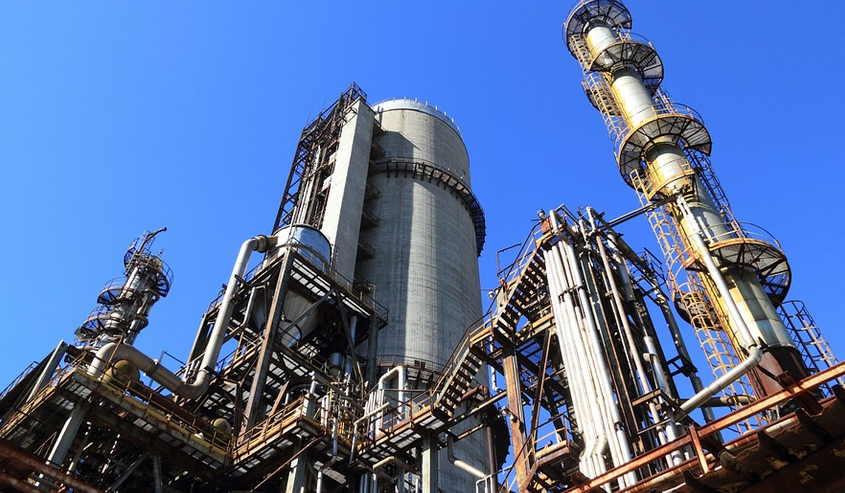Introduction
Kidney stones are a common problem that affects millions of people worldwide. They are small, hard deposits that form in the kidneys and can cause severe pain and discomfort. While there are various treatments available for kidney stones, some people believe that sodium bicarbonate can help dissolve them. In this article, we will explore whether this is true or not.
What is Sodium Bicarbonate?
Sodium bicarbonate, also known as baking soda, is a white crystalline powder that is commonly used as a leavening agent in baking. It is also used in various other industries, including medicine. Sodium bicarbonate works by neutralizing acids and helping to regulate pH levels in the body.
How Does Sodium Bicarbonate Affect Kidney Stones?
Some studies have shown that sodium bicarbonate can help dissolve kidney stones by increasing the pH levels in the urine. When the urine becomes more alkaline, it becomes more difficult for stones to form and grow. Additionally, sodium bicarbonate can help break down existing stones, making them easier to pass.
How to Use Sodium Bicarbonate for Kidney Stones
If you are considering using sodium bicarbonate to treat kidney stones, it is important to speak with your healthcare provider first. They can help determine if this is a safe and effective treatment option for you. If it is, they may recommend taking sodium bicarbonate supplements or drinking a solution of water and baking soda.
Possible Side Effects of Sodium Bicarbonate
While sodium bicarbonate is generally considered safe, it can cause side effects in some people. These may include nausea, vomiting, stomach cramps, and diarrhea. Additionally, people with high blood pressure, heart disease, or kidney disease should avoid using sodium bicarbonate without first consulting with their doctor.
Other Treatments for Kidney Stones
While sodium bicarbonate may be effective for some people, there are other treatments available for kidney stones. These may include medications to help break down stones, shock wave therapy to break up larger stones, or surgery to remove very large stones.
Preventing Kidney Stones
Prevention is key when it comes to kidney stones. To reduce your risk of developing them, you should drink plenty of water, limit your intake of foods high in oxalates (such as spinach and chocolate), and maintain a healthy weight.
Conclusion
While sodium bicarbonate may be an effective treatment option for some people with kidney stones, it is important to speak with your healthcare provider before using it. Additionally, there are other treatments available for kidney stones, and prevention is key. By making some simple lifestyle changes, you can reduce your risk of developing kidney stones and avoid the pain and discomfort they can cause.

